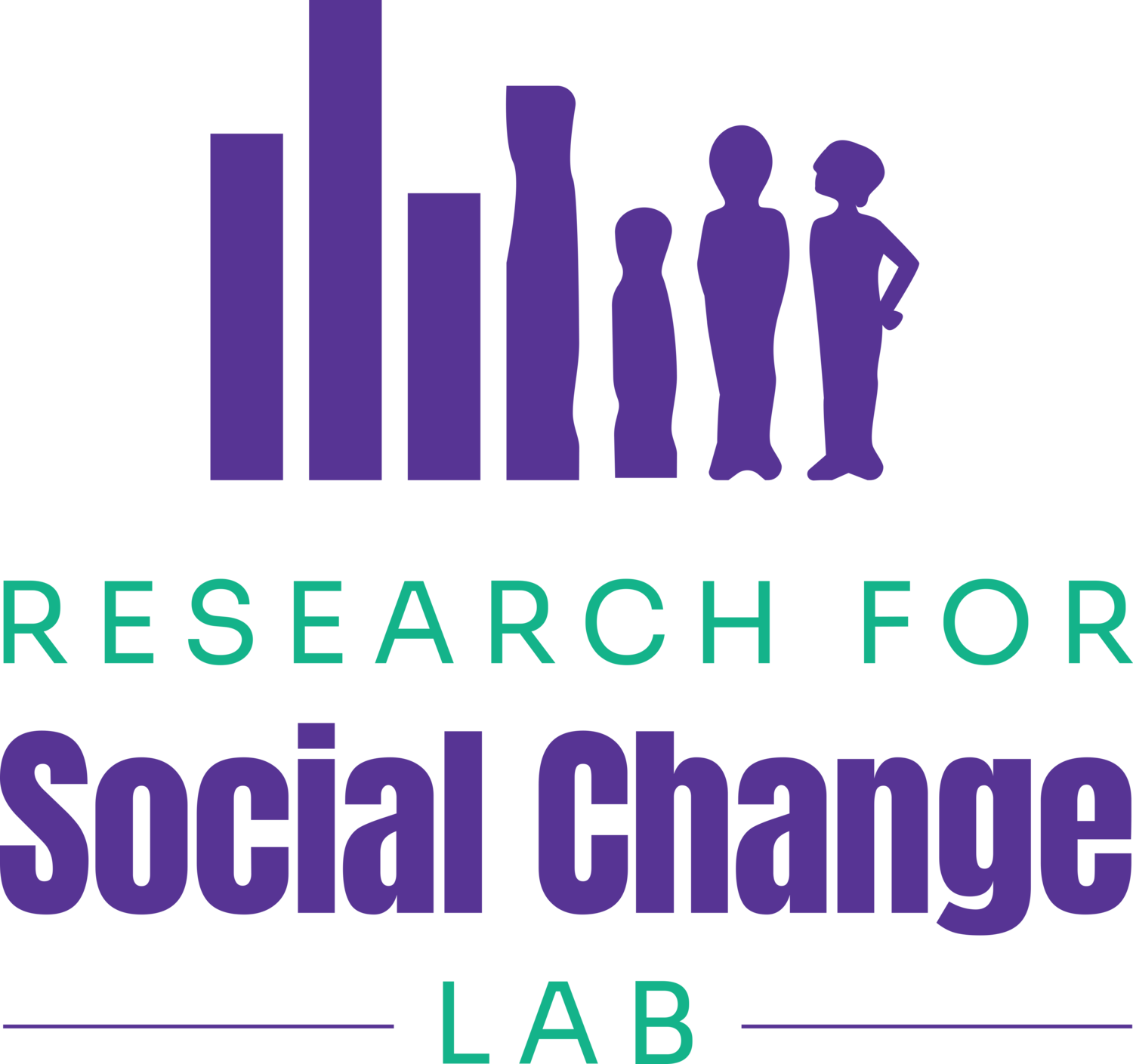In Their Own Words: Parenting in Peterborough
A participatory study to document everyday care work in Peterborough and learn how parents can be supported to raise healthy children
“Chronic Stress in Families: What it is; Why it Matters; What We Can Do About it”
Trent researchers (Naomi Nichols and Mary Anne Martin) joined together with parent researchers in the fall of 2023 to collaborate on the upcoming parent focus groups and began this process by working with an art therapist (Brian Nichols) in the community to bring together the group and facilitate communication. Those sessions led us to create artistic renderings of themes and topics that parents in our community may experience (example: balancing work/childcare). These imperfect images were a reflection on what parents today may feel or encounter.
For children to be healthy, parents need to be healthy.
But parents and caregivers face so many pressures today. The cost of living is increasing. Public services are becoming harder to access. Adequate housing can be next to impossible to secure. And for some parents, an increasingly frayed community produces a sense of loneliness as they try to raise healthy children in this environment.
As is so often the case, these challenges are experienced most acutely by parents who are equity-deserving and who cannot draw on societal privilege as a mitigating tool.
In its current strategic plan, Peterborough Public Health identified underserved single parents and families as a priority group who deserve policy interventions to increase health equity.
But what do parents need? What strengths do they already bring to the table? And what do we risk if we do nothing, allowing our future generations to be raised in an environment of chronic stress caused by inequality?
To answer these questions, the Research for Social Change Lab has assembled a team of parent-researchers to lead a participatory study focusing on caregiving in Peterborough and how parents can be supported to raise healthy children. Through surveys, focus groups, and desk research, we aim to:
Document the everyday realities of equity-deserving caregivers and parents
Document what local parents are already doing to enable nurturing relationships with their children and ensure healthy development
Determine the information needs of local parents as they raise their children
Map the structural and societal dimensions that impact healthy childhood development in Peterborough-Nogojiwanong
Document the local resources currently available to parents, and identify gaps
Making “Chronic Stress in Families: What it is; why it matters; what we can do about it”
The limiting guidelines in making the art allowed for a letting go of a need for perfection, an open playfulness to create, and hopefully more clarity in concept. The images were made with craft paper (up to three colours were offered) and scissors. The team members split up into pairs and selected themes then made their images, came back together to discuss and give feedback. Once that was done, we were able to glue the craft paper in place making them permanent and pairing them with a sentence that reflected the initial prompt/theme.
This first zine “Chronic Stress in Families: What it is; why it matters; what we can do about it,” looks at themes such as stressors that families face, effects of stress on the body, and parent/caregiver relationships with kids. Initially, we had thought to focus on the science of stress but after much deliberation we realized that the core concepts and some accessible solutions might be more useful. Once the wording was done, we wanted to pair the words with the images from our parents. Some of the images included are from the original artistic work we did together from the fall-winter facilitated arts process and some were made specifically for these zines.
“It’s Not Too Late”
We felt that our first zine, while informative, might leave the readers wondering what they could do to mitigate the negative outcomes of stress and adversity they themselves might have experienced both in the past and present. This shared concern led us to create our second zine “It’s Not Too Late: Addressing adversity in early life”. These zines came from our team’s desire to shed light on the difficulties that families face especially those feeling the added social and financial pressures currently felt by many in our community. The zine defines adverse childhood experiences (ACES), identifies opportunities for communities to better support parents, and also proposes some de-stressing strategies that our team have tried. We hope they are helpful.
More zines may be in our future
Peterborough Parenting
Resource List
During the process of designing the focus groups our team realized we wanted to provide participants with a physical resource that might help folks manage some of the themes discussed in the sessions. We hope that the focus group discussions will provide a positive space for people to build connections, feel seen, and openly discuss their diverse experiences, but we have also compiled a list of resources that help address some of the key stressors discussed to be accessed by our wider community as well.
Project Partners and Funders
In Their Own Words is funded by Peterborough Public Health, with in-kind contributions from the Research for Social Change Lab and Trent University.







